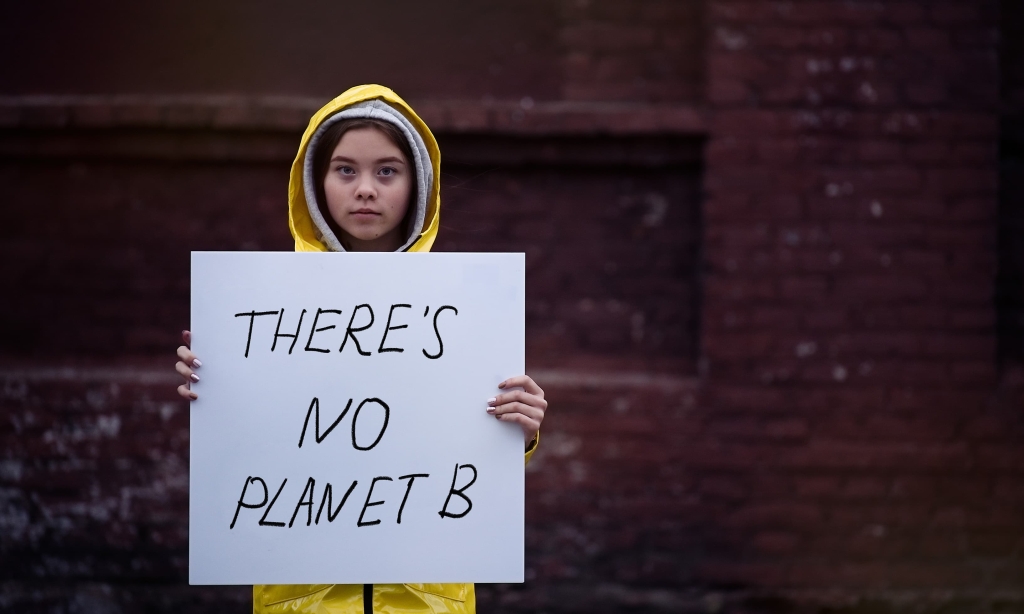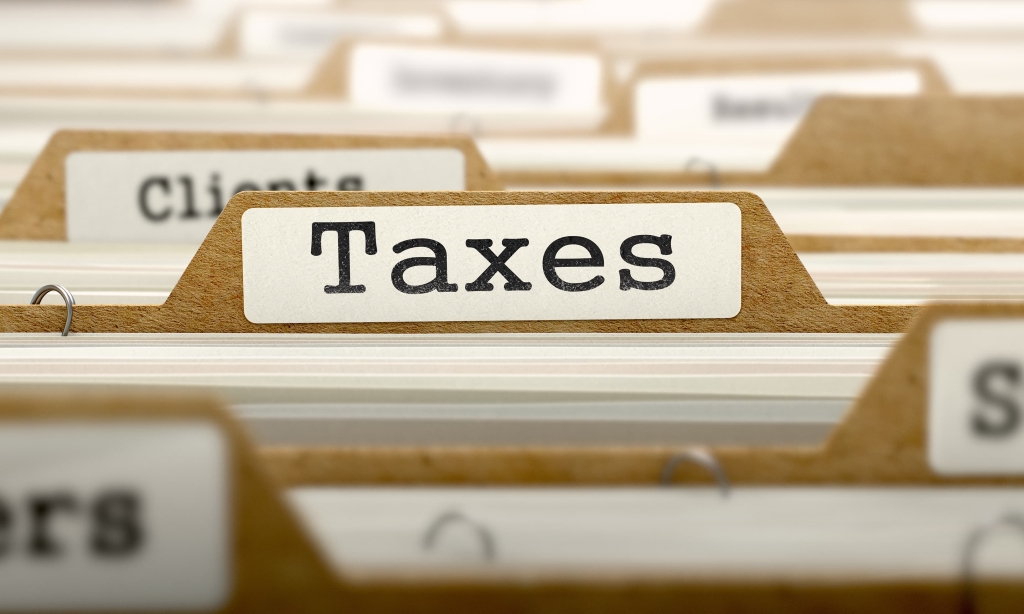

 Article
Article

In this episode of the Good Disruption podcast, Mike Lenox and Yael Grushka-Cockayne talk with Dr. Sandhya Chhabra (MBA’17) about the benefits, cautions, and unknowns surrounding GLP-1 medications — the drug that is making headlines and changing lives.

Most novice entrepreneurs think they need outside investment to launch a company. But according to Professor Saras Sarasvathy, the opposite is often true: nearly 80% of companies that go public never raise a dollar of venture capital. The real key to success? Relationships.

Entrepreneurship Through Acquisition (ETA) offers MBAs a path to business ownership. UVA Darden’s Professor Les Alexander breaks down four key funding models — Traditional, Self-Funded, Accelerator and Sponsored — highlighting trade-offs in control, risk and equity.

The widely watched Economic Policy Uncertainty Index has reached its highest level since the pandemic. And we’re only halfway through 2025. How can business leaders best navigate this environment? UVA Darden Professor Saras Sarasvathy shares lessons from successful entrepreneurs.

Looking for work or a fresh start? Omar Garriott, executive director of The Batten Institute for Entrepreneurship, Innovation and Technology, shares three practical job-seeking strategies grounded in how entrepreneurs see the world.
AI requires data, lots of it. Tech companies are rapidly building new data centers to house it, which will require massive amounts of electricity. How do we power them and stay on track with our emission reduction goals? An unlikely candidate is emerging – nuclear energy.

A landmark study of 60,000+ people across 63 countries reveals how specific messages — from emotional appeals to future-focused thinking — impact climate beliefs, policy support and real action. The key? Tailored strategies, not one-size-fits-all campaigns.
For decades, we have used quantum physics to power MRI machines, solar panels, and lasers. More recently, big tech companies have entered a race to quantum supremacy, where quantum computers surpass silicon-based super computers in speed and complex problem solving. But what is it?

Carried interest is once again under scrutiny in Washington. UVA Darden Professor Les Alexander explains what it is, why it's controversial and how proposed changes to its tax treatment could reshape the landscape for private equity and venture capital.
Computer simulations have been used for decades to predict outcomes. Now digital twins create virtual environments that not only mirror their real-world counterparts but also respond to real-time data to yield more confident decision making.